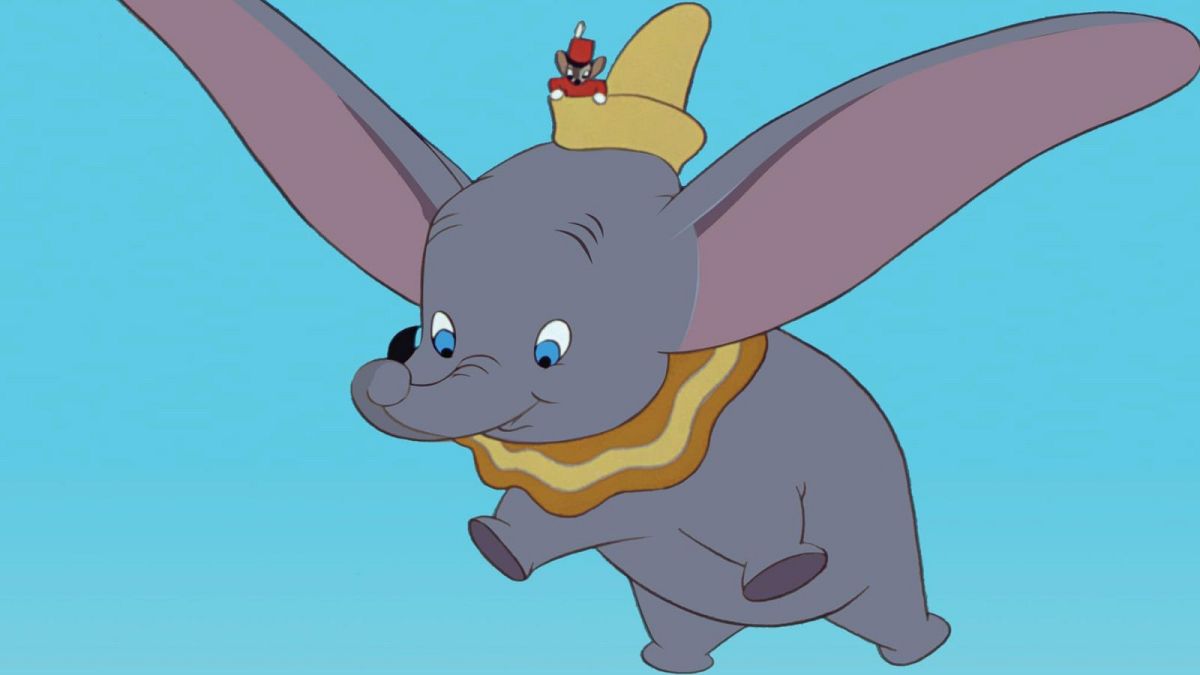As part of a broader political shift within America’s cultural landscape, Disney+ is changing its autoplay warnings about racial stereotypes on ‘Dumbo’ and ‘Peter Pan’.
As Donald Trump’s presidency continues to send ripples across the world’s cultural landscape, Disney+ is now adjusting its content warnings about racial stereotypes for older movies.
The content warnings, introduced by Disney in November 2019, would autoplay before some of the company’s classic titles like ‘Dumbo’ (1941) and ‘Peter Pan’ (1953) to contextualise and warn of outdated racist depictions.
The disclosure was updated in 2020 to state: “This program includes negative depictions and/or mistreatment of people or cultures. These stereotypes were wrong then and are wrong now. Rather than remove this content, we want to acknowledge its harmful impact, learn from it and spark conversation to create a more inclusive future together. Disney is committed to creating stories with inspirational and aspirational themes that reflect the rich diversity of the human experience around the globe.”
According to a report by Axios, the company has now reverted back to its shorter, 2019 wording: “This program is presented as originally created and may contain stereotypes or negative depictions.”
The move is part of wider changes being made to America’s diversity, equity and inclusion (DEI) programs, a series of initiatives that seek to address discriminatory practices and policies. It’s a concept that has riled many high-profile right-wing figures, including tech mogul Elon Musk and hedge-fund manager Bill Ackman.
In his first few weeks back in office, US President Donald Trump signed two executive orders aimed at dismantling DEI programmes. He also blamed diversity efforts for recent tragedies like the Los Angeles wildfires and the Washington plane crash.
In an internal email obtained by Variety, Disney’s chief human resources officer Sonia Coleman informed company leaders that “a new “Talent Strategy” factor” would represent “an evolution of important concepts in the former Diversity & Inclusion OPF (Other Performance Factors).”
Coleman signed off the letter with: “What won’t change is our commitment to fostering a company culture where everyone belongs and everyone can excel, enabling us to deliver the globally appealing entertainment that drives our business.”
Political polarisation
Despite cultivating a careful image of wholesome inclusivity, Disney has become increasingly subject to social and political polarisations. In response, the company is making decisions that suggest an attempt to revert back to a more traditional image.
Last year, the Disney-owned company Pixar announced it would be removing a transgender storyline from its upcoming TV series ‘Win or Lose’. This decision followed a prior letter by Pixar employees that alleged Disney corporate executives had demanded they cut queer content from their stories: “Nearly every moment of overtly gay affection is cut at Disney’s behest, regardless of when there is protest from both the creative teams and executive leadership at Pixar. Even if creating LGBTQIA+ content was the answer to fixing the discriminatory legislation in the world, we are being barred from creating it.”
In 2022, the company was caught in Florida’s political crosshairs after publicly opposing Governor Ron DeSantis’s controversial “Don’t Say Gay” legislation, which prohibits classroom discussions about gender identity and sexual orientation. Former Disney CEO Bob Iger was reinstated around the same time, hoping to rectify the company’s financial issues.
Disney+, which launched as a streaming service in 2019, recently reported that its subscriber numbers had dropped by 700,000 users in the final three months of 2024 following a hike in subscription costs.
Additional sources • Variety

